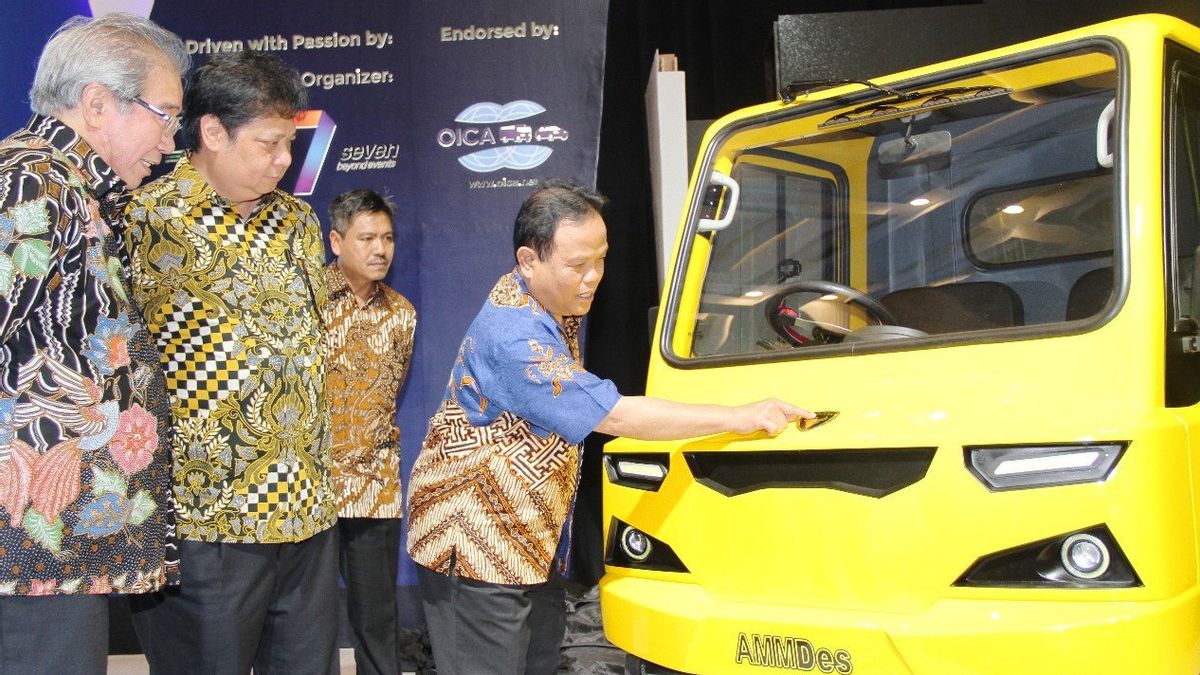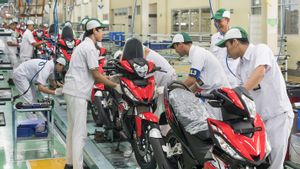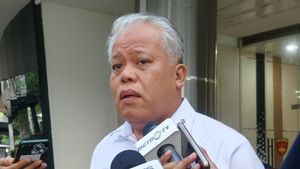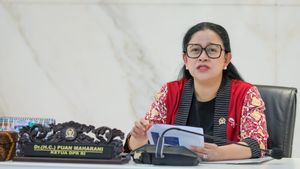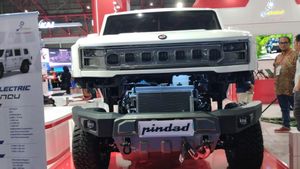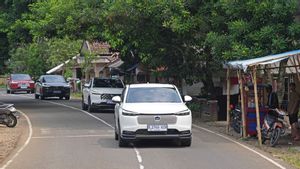JAKARTA - The government's major decision through the Ministry of Finance (Kemenkeu), which is ready to impose incentives for the sale of luxury goods borne by the government (PPnBM-DTP) on March 1, is expected to be a catalyst in boosting the national automotive industry.
Referring to the Ministry of Finance's broadcast, it was stated that this policy would target motorized vehicles with the ≤ 1,500 cc segment of the sedan and 4x2 categories. This segment was chosen because it is a category that is of interest to the middle class and has local purchases of more than 70 percent.
The tax discount is carried out in stages until December 2021 in order to have an optimal impact. A tax discount of 100 percent from the normal rate will be given for the first three months. Then, 50 percent of the normal rate for the following three months, and 25 percent of the normal rate in the third stage for the next four months.
Later, the amount of the tax discount will be evaluated for its effectiveness every three months. This tax discount policy will use the PPnBM DTP scheme as stated in the Minister of Finance Regulation (PMK) and is targeted to come into effect in March 2021.
The provision of tax discounts was also supported by Bank Indonesia and the Financial Services Authority policies to encourage motor vehicle purchase credit, namely through regulations regarding 0 percent down payment (DP) and a reduction in RWA Credit (Risk-Weighted Assets).
It is hoped that this combination of policies can be positively welcomed by producers and selling dealers to provide attractive sales schemes so that the potential impact is more optimal.
Furthermore, this strategic step is said to have the potential to revive the sales of passenger cars, which began to rise since July 2020. This tax discount is also targeted to increase the utility of automotive production capacity, increase the enthusiasm of middle-class household consumption and maintain the momentum for the recovery of economic growth that has become increasingly evident.
"On the consumer side, Eid with its homecoming tradition is also expected to increase the purchase of motorized vehicles, which of course can be done if the COVID-19 pandemic has sloped," said the Ministry of Finance as quoted by VOI on Monday, February 15.
Important contribution
Separately, the Coordinating Minister for the Economy Airlangga Hartarto said the automotive industry was one of the manufacturing sectors that was most affected by the COVID-19 pandemic. In fact, the manufacturing sector is a productive line that has a significant contribution to the formation of gross domestic product (GDP) of 19.88 percent.
"The relaxation of PPnBM can increase purchasing power from the public and provide a jumpstart to the economy," he said.
Airlangga added that the government itself is targeting the target of increasing production to reach 81,752 units. Estimates for the additional output of the automotive industry are also estimated to be able to contribute to state revenue of IDR 1.4 trillion.
"This policy will also affect state revenues, which are projected to have a revenue surplus of IDR 1.62 trillion," he said.
SEE ALSO:
Thus, the recovery of production and sales of the automotive industry is expected to have a broad impact on the supporting industrial sector. This is because the automotive industry is considered to have links with other industries. The automotive industry is also a labor-intensive industry with more than 1.5 million people working in this segment of the economy.
"The automotive support industry alone contributes more than 1.5 million people and contributes to a GDP of IDR 700 trillion," he said.
Meanwhile, PT. Toyota Motor Manufacturing Indonesia (TMMIN) Director of Administration and External Relations Bob Azam said that the stimulus provided by the government is expected to raise the national automotive industry's recovery to a level of more than 70 percent.
"Because the industry's break-even point is at 70 percent. This means that as long as it is below 70 percent there will be no efficiency," he said on Sunday, February 14, as quoted from Bisnis.com.
To note, throughout 2020 the production of passenger vehicles in Indonesia was recorded at 551,400 units. Meanwhile, the Association of Indonesian Automotive Industries (Gaikindo) predicts that the national automotive industry in 2021 can produce 750,000 units of vehicles for all segments and types.
Meanwhile, PPnBM-DTP relaxation is included in the 2021 national economic recovery program (PEN) incentive with a budget of IDR 47.27 trillion. The total PEN fund itself is budgeted at IDR 627.96 trillion, which is spread over five priority sectors, one of which is the taxation sector.
The English, Chinese, Japanese, Arabic, and French versions are automatically generated by the AI. So there may still be inaccuracies in translating, please always see Indonesian as our main language. (system supported by DigitalSiber.id)
